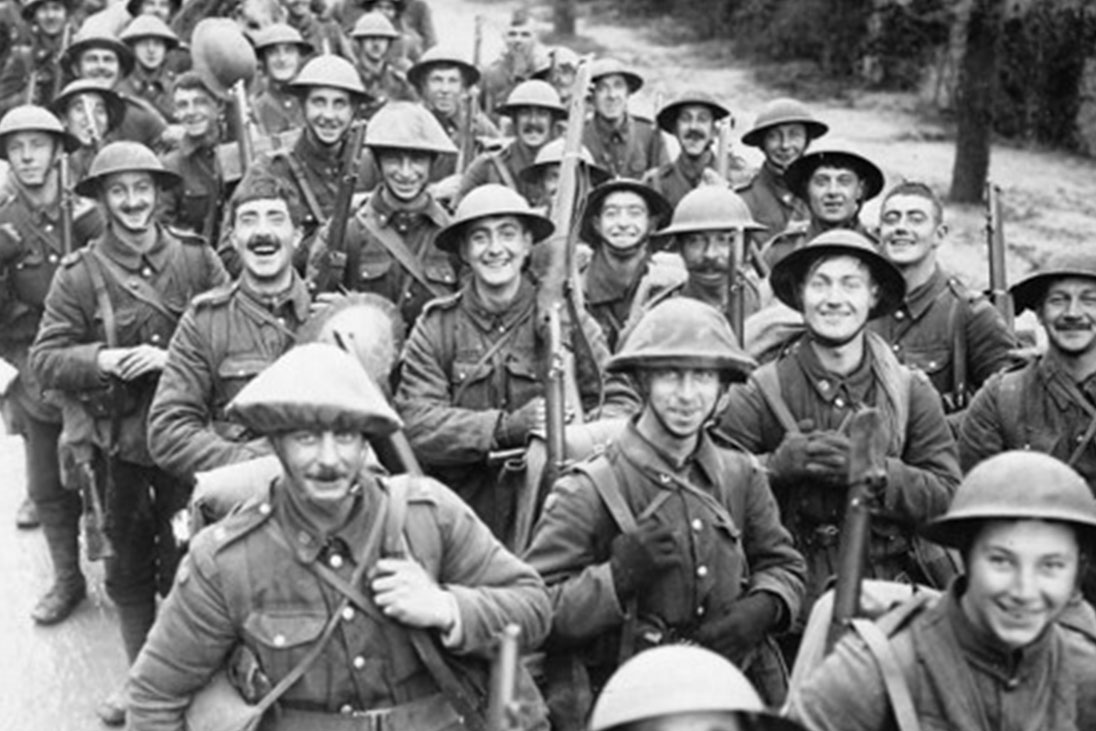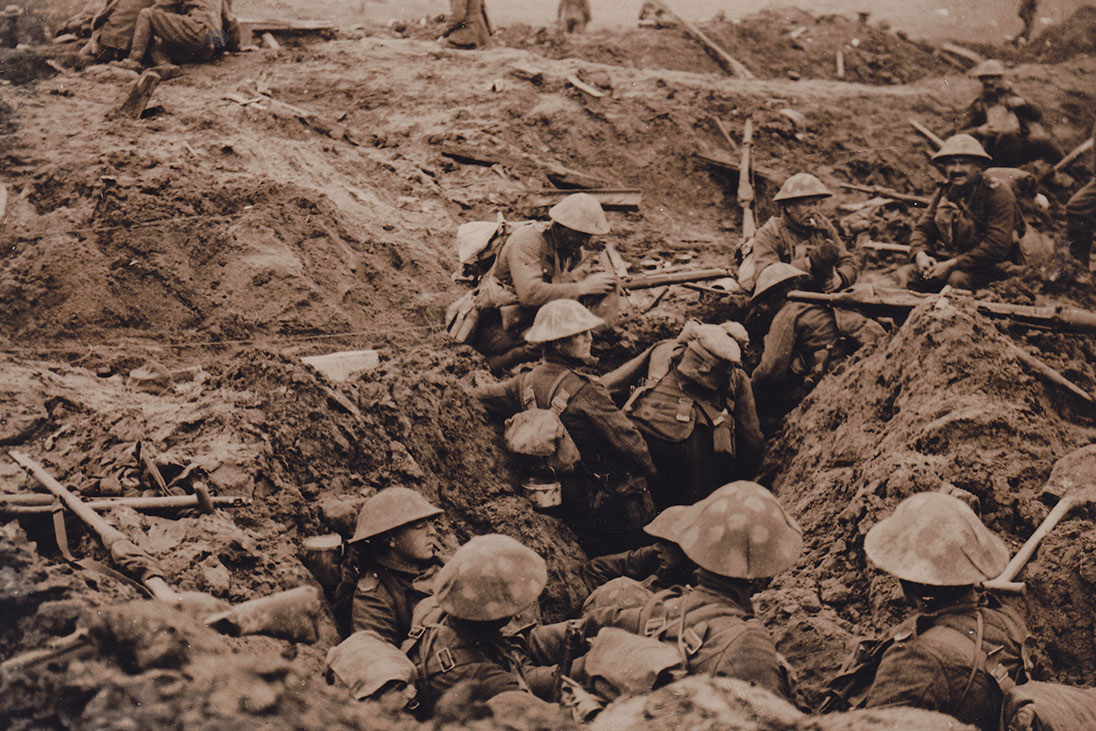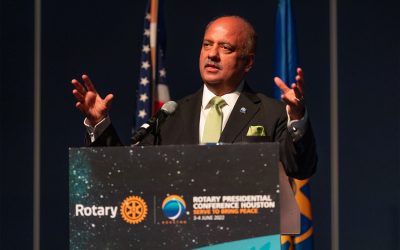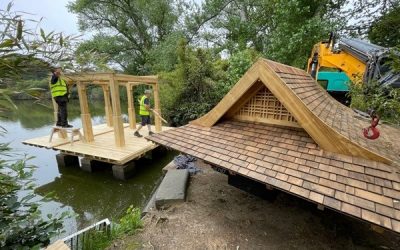In Flanders fields the poppies blow
Between the crosses, row on row,
That mark our place; and in the sky
The larks, still bravely singing, fly
Scarce heard amid the guns below.
This is the first verse of the famous, haunting poem by Canadian physician, Lieutenant-Colonel John McCrae, written in 1915 at the height of the First World War, as a tribute to the many soldiers he had seen dying during his time as an army doctor.
What was life at the front like for soldiers during the First World War? How must they have felt?


Together with actors and dressed in authentic military uniforms, the participants will relive scenes on the front line – drill, everyday life, the trenches, night-time bombardments and a gas attack.
This November 6 and 7, Rotary Mercurius Roeselare wants to give people of all ages the chance to experience it first-hand at various historical locations in the area around the city of Ypres, which was devastated during the war.
Together with actors and dressed in authentic military uniforms, the participants will relive scenes on the front line – drill, everyday life, the trenches, night-time bombardments and a gas attack.


In keeping with its theme for 2019/2020, which is Rotary Connects the World, Rotary Mercurius Roeselare wants to bring people together from across the world to Belgium.
According to Dirk Rosiers, President-Elect of Rotary Mercurius Roeselare, this event is definitely not a war game.
He said: “In addition to the re-enactments, the programme includes a guided tour of the Memorial Museum Passchendaele 1917, an open-air church service, a visit to the restored trenches on Hill 62, a three-kilometre march to Hooge on the Ypres-Menin road – the hamlet that was completely destroyed during the war – and a guided visit to the war memorial The Long Road to Passchendaele on Frezenberg ridge, created by artist Peter Berghman.
“The two-day event begins with the Last Post ceremony under the Menin Gate and concludes with a dinner with music and poetry in the Cloth Hall in Ypres.”


Proceeds from this initiative will go to the Passchendaele Archives, a project of the Memorial Museum Passchendaele 1917, which aims to give the soldiers who died during the Battle of Passchendaele a voice by putting their personal stories online.
In keeping with its theme for 2019/2020, which is Rotary Connects the World, Rotary Mercurius Roeselare wants to bring people together from across the world to Belgium.
“We want to do so in an atmosphere of respect, friendship and fraternity. Individuals or groups can take part – together with friends, family members or work colleagues,” added Dirk.
The number of places is limited to 98 for the full programme and 250 for the dinner.
Proceeds from this initiative will go to the Passchendaele Archives, a project of the Memorial Museum Passchendaele 1917, which aims to give the soldiers who died during the Battle of Passchendaele a voice by putting their personal stories online.
For more details, visit the website for a detailed programme, digital registration form and information on overnight accommodation.










